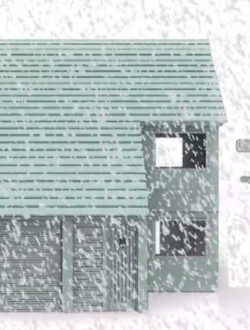Blinds and shutters not only make your home more comfortable, they can also save energy – and money
In homes, the main energy-saving benefit of blinds and shutters is achieved by helping to prevent heat loss through windows during cold weather. Typically, the older the windows, the more energy that can be saved, as single pane and old double-glazed units will lose much more heat than modern equivalents featuring low-e coated glass and better locking systems.
The table below shows the typical performance of common glazing types. For both values, the lower the better. You can easily see that better glazing improves heat retention and heat rejection – but only to a point.

Blinds and shutters will always improve the winter heat retention properties of windows.
The energy-saving benefits of blinds and shutters will vary depending on many factors including type and amount of glazing, blind and heating systems, the costs of your energy bills and the location of your property.
According to the Carbon Trust, turning your heating down just 1 degree Celsius will reduce energy bills by 8%.
But even running fans in the summer uses energy. According to Cambridge University, a fan left running overnight uses enough energy to power a laptop computer for a year.
To see how blinds and shutters can keep you warmer in winter, click here.
Don’t forget, blinds and shutters can help keep you cooler in summer too, so you don’t have to use so much electricity to ward off the heat. More information here.
See the resources opposite for more information on saving energy with blinds and shutters.




